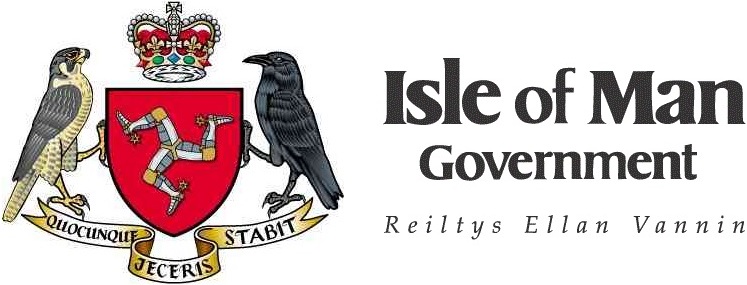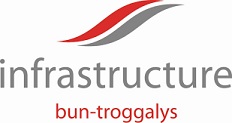The Landlord Registration (Private Housing) Bill 2020
Feedback updated 16 Oct 2020
We asked
The purpose of the consultation was to gather views regarding the Department’s proposal to introduce a mandatory register of landlords and their properties. In addition to consulting on the draft Bill which will enable this, the Department also consulted on the secondary Minimum standards Regulations.
You said
194 responses were received to our survey. A large amount of landlords also submitted extensive views to the Department directly, all responses received during the consultation have been considered and are assisting the Department to further develop the legislation and operational policy before making its recommendations to the House of Keys.
We did
The Department has prepared a response report and facilitated public events, held in Braddan, Ramsey and Port St Mary, hosted by the Department of Infrastructure and including input from the Department of the Environment, Food and Agriculture and charity Housing Matters with a focus on the register and how it will operate at a practical level.
Results updated 16 Oct 2020
Files:
- Landlord Registration Bill Consultation Response Report, 736.3 KB (PDF document)
Overview
The Landlord Registration (Private Housing) Bill 2020 will allow the introduction of mandatory regulation of landlords and their properties, and enable enforcement of minimum standards.
Introduction by Minister of Infrastructure
Currently the Isle of Man does not have any formal regulation of the private rented sector other than enforcement of habitation standards which are overseen by the Environmental Health Team of the Department for Environment, Food and Agriculture on behalf of the Island’s Local Authorities.
According to the last census of 2011 the private housing rental sector provides homes for about 16% of the population, equivalent to about 5,750 homes.
Whilst I have no doubt that the vast majority of landlords provide a good service and decent accommodation, there are unfortunately a number of privately rented properties which are in a substandard condition, and are often housing some of the most vulnerable in our society. It is important that as a nation, we are able to support the sector as it provides accommodation for so many people.
Bringing forward this Landlord Registration Bill will enable the Government to know which private landlords are operating on the Island, to collect the details on the number and location of privately rented properties and to bring about a consistent standard within the sector to benefit both landlord and tenant in the longer term.
I would strongly urge you to take the time to read the draft Bill and use this consultation as your opportunity to voice your opinion.
I welcome your feedback.
Hon Tim Baker MHK
Minister for Infrastructure
Why your views matter
The purpose of this consultation is to invite comments on the draft Landlord Registration (Private Housing) Bill 2020.
Background
Isle of Man 2011 Census data indicated that around 16% of households on the Island are in the private rental sector.
Whilst the majority of those households are likely to be living in acceptable and appropriate housing with amenable landlord and tenant relationships, unfortunately there are a number of private sector rented properties which are known to be in poor repair and do not achieve standards of basic decency.
Since 2013 there has been a voluntary registration scheme and this has developed into a register of over 131 landlords with 334 properties. However this figure falls well short of the anticipated total, meaning that the true profile of the sector is unknown.
Isle of Man Government’s Programme for Government
Landlord Registration supports the Programme for Government theme ‘Inclusive and Caring Island’, and the outcome ‘We have affordable and accessible housing which meets our social and economic needs, in particular as part of the enabling work to progress a rent deposit protection mechanism’. Without the detailed knowledge of the private rental market via landlord registration it would be difficult to progress and enforce deposit protection.
A related outcome of the Programme for Government ‘We are tackling the inequalities in our Island society’ is that the Treasury, via Social Security benefits, pays rent to many private sector landlords. It is estimated that as of 2019 approximately £4.5m per annum is being paid to private sector landlords specifically for housing costs without any guarantee or knowledge of the quality of accommodation being provided.
What happens next
After the consultation, the responses will be considered by the Department and any necessary amendments will be made to the draft Bill before being finalised and laid before Tynwald.
A summary of the responses will be posted on the Consultation Hub once they have been reviewed.
Areas
- All Areas
Audiences
- Tenants
- Landlords
Interests
- Legislation
- Land & Property
- Housing


Share
Share on Twitter Share on Facebook